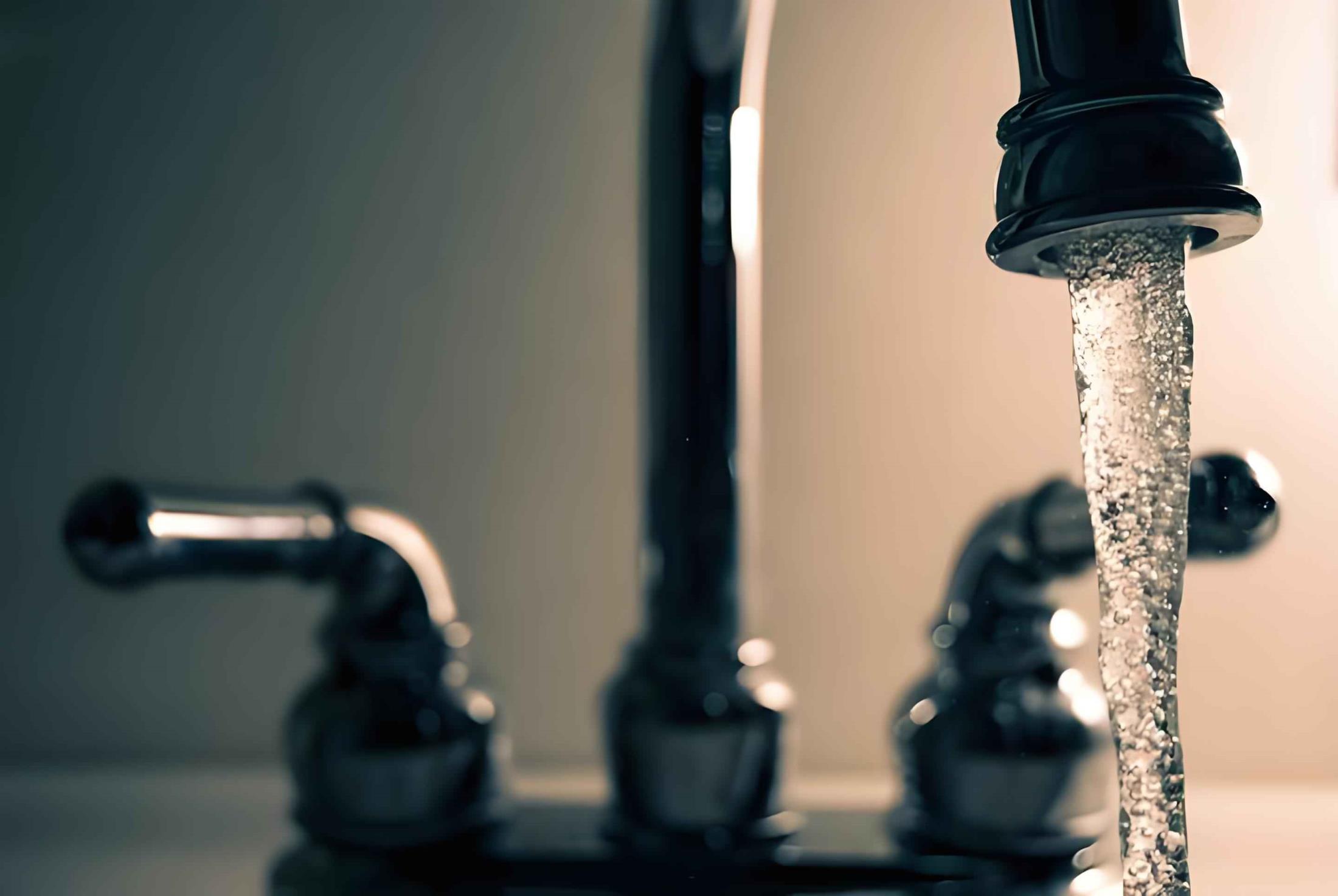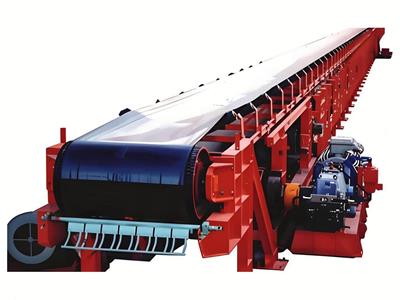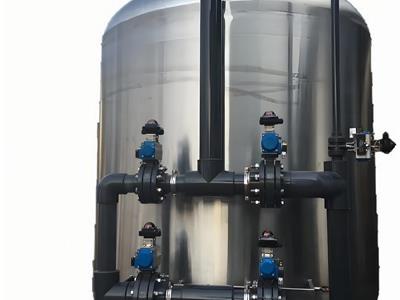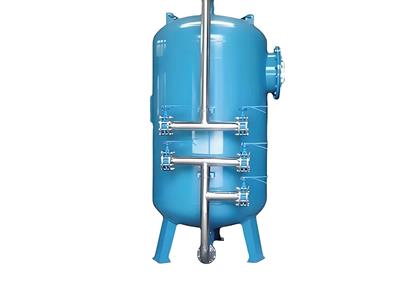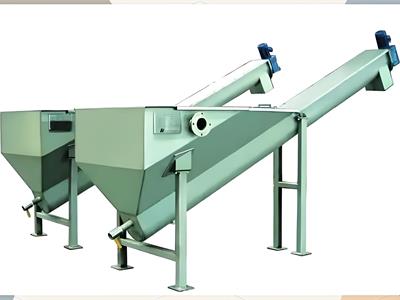- 2025-07-22
How to Remove Sulfates from Water
Pollution characteristics and risk thresholds
Geological dissolution leads to sulfate enrichment in natural water bodies (concentrations often reach 100-500 mg/L)
Causes gastrointestinal discomfort when exceeding 250 mg/L (national standard limit 250 mg/L)
Easily reduced to hydrogen sulfide under high temperature environment (threshold for rotten egg smell 0.05 mg/L)
Core removal process comparison
1. Reverse osmosis membrane separation system
Brackish water grade polyamide composite membrane (desalination rate > 99.2%)
System recovery rate: single stage 60-75%, double stage 80-85%
Concentrated water sulfate is concentrated to 3000 mg/L (subsequent disposal is required)
2. Ion exchange process
Strongly alkaline anion resin (working exchange capacity ≥ 1.2 eq/L)
Cl⁻ type resin selectively replaces SO₄²⁻ (penetration point ≥ 200 mg/L)
Regeneration cycle: 2000-5000 bed volumes (10% NaCl solution)
3. Distillation refining device
Multi-effect vacuum evaporator (steam consumption 0.35kg/kg water)
Condensate sulfate <5mg/L (can be almost completely removed)
Applicable to small high-concentration scenarios (>1000mg/L)
Key parameters for engineering selection
Grading treatment of influent sulfate concentration:
<300mg/L: ion exchange is preferred
300-1000mg/L: reverse osmosis process is recommended
>1000mg/L: distillation + ion exchange coupling
System anti-scaling control:
Automatic dosing of antiscalants (aminophosphonic acid, 1-3mg/L)
Calcium Ion concentration limit <50mg/L
Water quality assurance and resource utilization
Sulfate stability in water production <20mg/L (12 times better than the national standard)
Ion exchange regeneration waste liquid to produce anhydrous sodium sulfate (purity>98%)
Reverse osmosis concentrated water electrolysis to recover sulfuric acid (concentration ≥30%)
Operation economic analysis
Cost of water treatment per ton:
Reverse osmosis system: 0.32-0.45 yuan
Ion exchange: 0.18-0.28 yuan
Distillation process: 1.8-2.5 yuan
Equipment life cycle:
Membrane element>5 years (regular chemical cleaning)
Resin bed>8 years (anti-oxidation protection)

